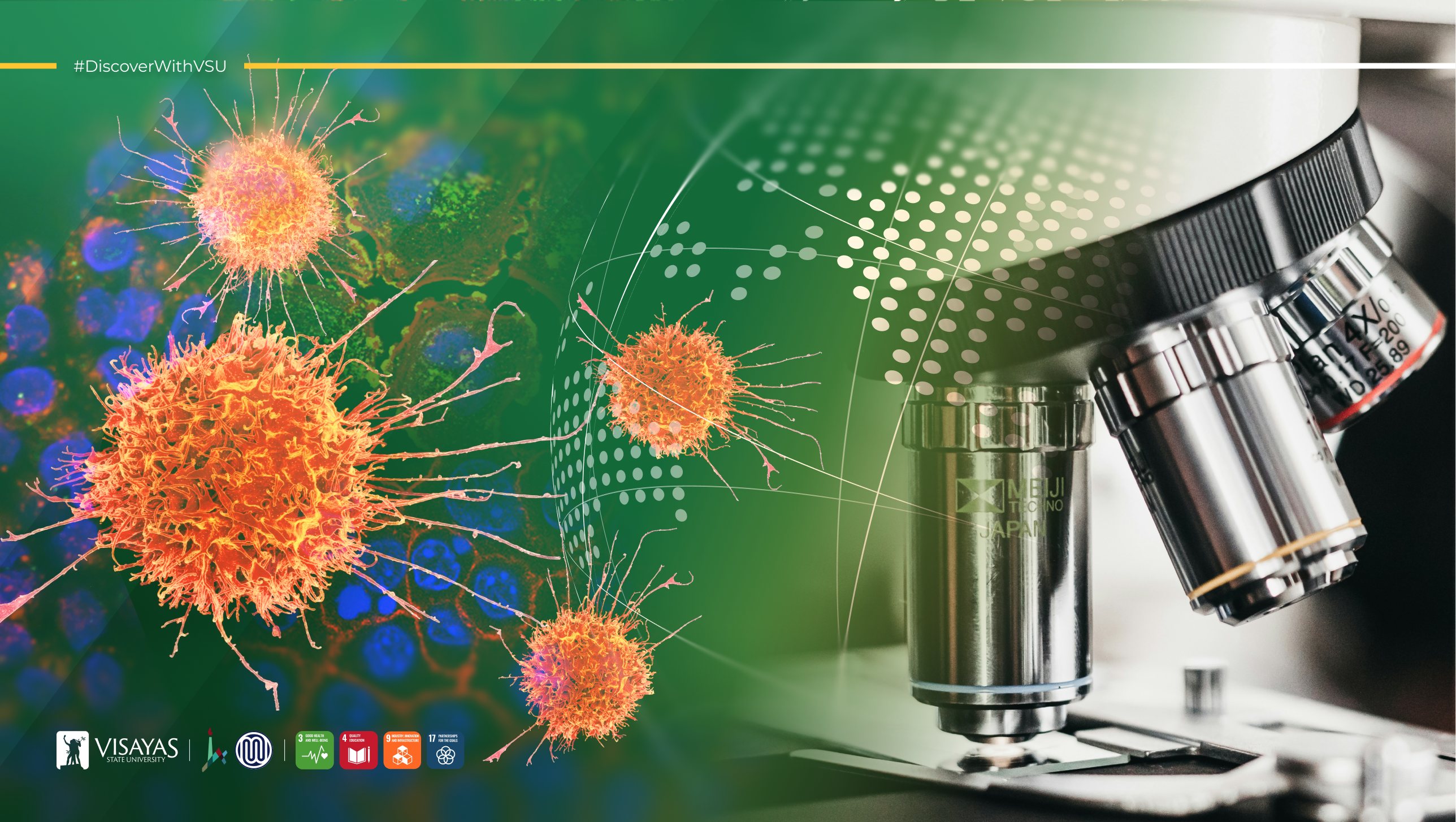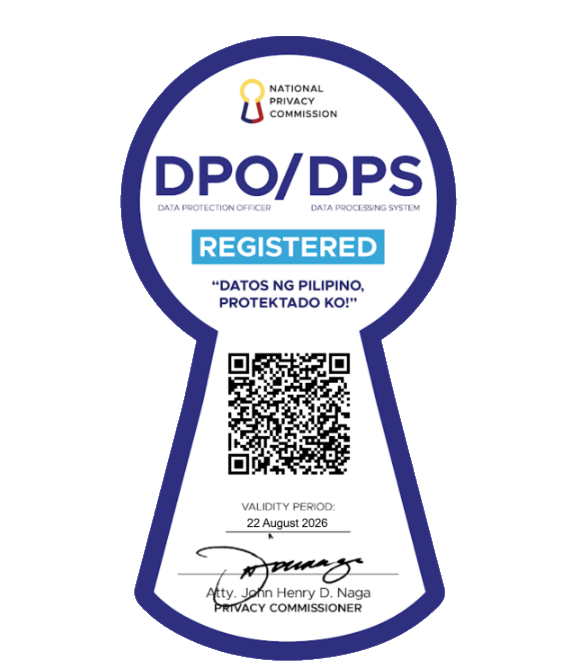#DiscoverWithVSU: VSU scientist joins global breakthrough in cancer research
- Details
- Written by Mike Laurence V. Lumen
-
Published: 12 September 2025

A Filipino scientist from the Visayas State University (VSU) has joined an international team of researchers in making a significant discovery about the blood group O antigen, one of the most important makers in human biology.
The study, published in The FEBS Journal in 2025, revealed that this antigen, best known for its role in determining blood type, is also widely expressed in normal human tissues and shows unusual patterns in tumors. This finding opens new doors in understanding how cancers develop and could one day lead to improved diagnostic tools and treatments.
The research was led by Dr. Ea Kristine Clarisse Tulin-Escueta of VSU Department of Biotechnology, alongside international collaborators from Harvard Medical School and the University of Bern in Switzerland, two leading biomedical institutions at the forefront of cancer and molecular biology center.
Their study carefully examined a wide range of healthy and cancerous tissues using advanced laboratory techniques. Surprisingly, they found that blood group O antigen is not limited to red blood cells, as previously believed, but is also present in several normal tissues throughout the body.
Even more striking, the antigen showed altered or abnormal expression in many types of tumors, with some cancers showing higher levels and others showing a complete loss of expression.
The way blood group O antigen appears or disappears in tumors may serve as a biological “fingerprint” that can help doctors detect cancers earlier or predict how aggressive they might become. It also suggests that the antigen plays a role in how cancer cells grow, spread, or even evade the body’s immune defenses.
For researchers and clinicians, this offers a promising lead for developing new cancer diagnostics and therapies.
Moreover, this study shows that blood group antigens, which are often thought about in terms of blood donation and transfusion, may actually hold critical information about how the human body works and how diseases like cancer emerge. By studying these hidden biological patterns, we can find new ways to fight diseases that affect millions of people.
For VSU, this discovery marks another milestone in showing how its scientists contribute to solving global challenges. While the university is already celebrated as the country’s premier institution for agriculture and environmental science, this study highlights its growing strength in biomedical research and molecular biology.
The impact of this research also resonates with the communities that VSU serves. Cancer remains one of the leading causes of death in the Philippines, with many families in rural areas struggling to access timely diagnosis and treatment.
In time, discoveries like this could lead to affordable diagnostic tools that can be used even in provincial hospitals or rural health units, making cancer detection more accessible to Filipinos.
This article is aligned with Sustainable Development Goal (SDGs) 3: Good Health and Well-being; SDG 4: Quality Education; SDG 9: Industry, Innovation, and Infrastructure, and; SDG 17: Partnerships for the Goals.


